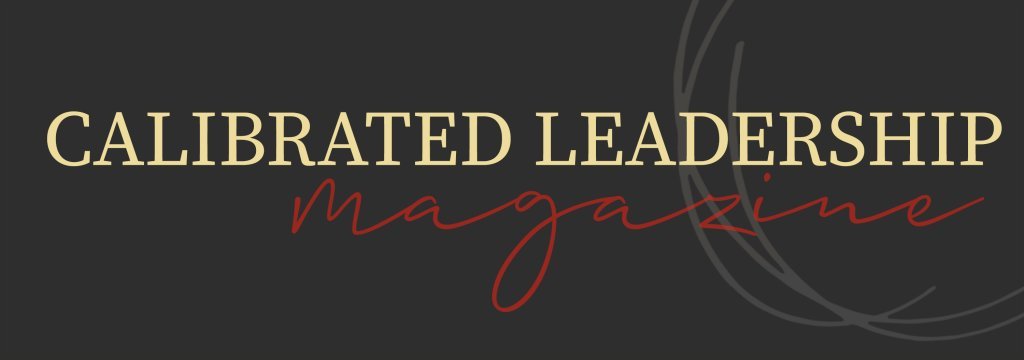
The Benefits & Steps to Align Your Personal & Business Financial Plans
- Issue: Spring 2023
- Finance
- Written by: Leah Hadley
Have you ever wondered, “How much should I pay myself?”
“Should I take cash out of the business for a home improvement project, or should I hold onto it to purchase equipment for the company?”
“What kind of retirement account should I be contributing to?”
These common questions tell me when a small business owner hasn’t yet aligned their personal and business financial plans. If that’s you, you’re not alone.
In fact, many small business owners have neither a personal nor a business financial plan, which makes it challenging to get them in alignment.
With that said, you may be missing out on some significant benefits, including:
- Better decision-making: When you’re clear on both personal and business financial goals, you can make informed decisions that benefit both areas of your life.
- Improved cash flow management: Aligning your plans can help ensure your business has the funds it needs to operate while still allowing you to meet your personal financial goals.
- Increased financial security: By considering both personal and business financial needs, you can prioritize and allocate resources to build financial stability for both.
- Enhanced retirement planning: Incorporating your business finances into your retirement planning can help you achieve your retirement goals more effectively.
- Increased tax efficiency: By considering both personal and business finances, you can identify planning opportunities to reduce your overall tax burden.
Overall, aligning your personal and business financial plans can help you better manage your finances, achieve your goals, and build financial stability for both you and your business.
With all of these benefits, it begs the question. How do you get the two aligned? It requires careful consideration of your personal financial goals and the financial needs of your business.
Here are the five steps that we walk our clients through to align the two:
- Define your personal financial goals. Yes, that’s right. We start with your individual needs because we want your business to support your personal goals. This includes establishing your retirement goals, determining your desired standard of living, and setting aside funds for emergencies.
- Evaluate your business’s financial needs. This starts with developing a clear vision for your business and includes understanding the funding requirements for your business, forecasting cash flow, and estimating future expenses.
- Prioritize your goals. We clarify what is most important to you, both personally and for your business, to recommend how to allocate resources accordingly.
- Integrate your plans. Working with a single financial advisor for both your business and personal finances is beneficial to ensure your plans are aligned and working together. If you don’t have one advisor, I highly recommend working with folks who can collaborate well together and fully integrate your plans.
- Regularly review and adjust. This is a key component to successfully reaching your financial goals. There are many things that will change along the way, both in your business and personal circumstances, and you’ll need a plan that is flexible enough that it can be adjusted regularly.
By aligning your business and personal financial plans, you can ensure that your financial resources are being used effectively to meet all of your goals.

Founder & Financial Planner
Leah Hadley, a nationally recognized financial empowerment expert, is committed to providing personalized compassionate financial guidance through life transitions. She uses her knowledge and more than 15 years of experience to help her clients make wise financial decisions.

